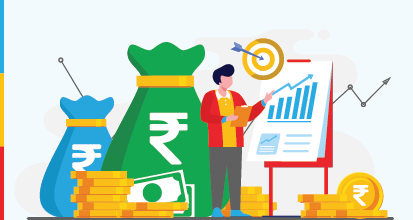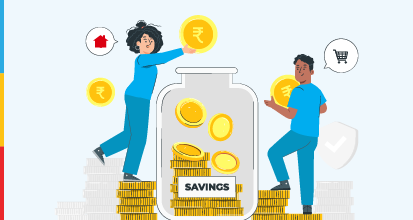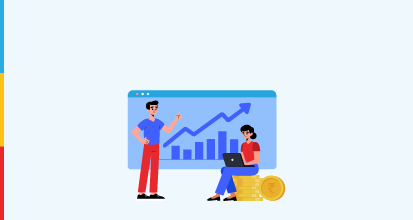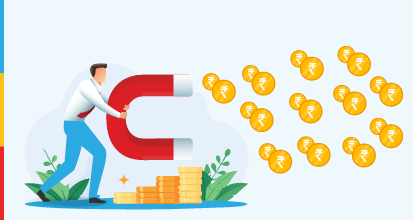- Retirement Corpus: The total amount of money you accumulate to support your expenses after you stop working
- Maturity Value: The final amount you receive at the end of an investment term, including returns
- Market Volatility: The rapid and unpredictable movement in market prices over short periods
- T-bills: Short-term government securities with maturities of up to one year, issued to meet short-term funding needs
- Market Fluctuations: The regular ups and downs in the prices of financial assets due to changing economic and investor conditions
Written by : Knowledge Center Team
2025-12-15
5369 Views
10 minutes read
Share













